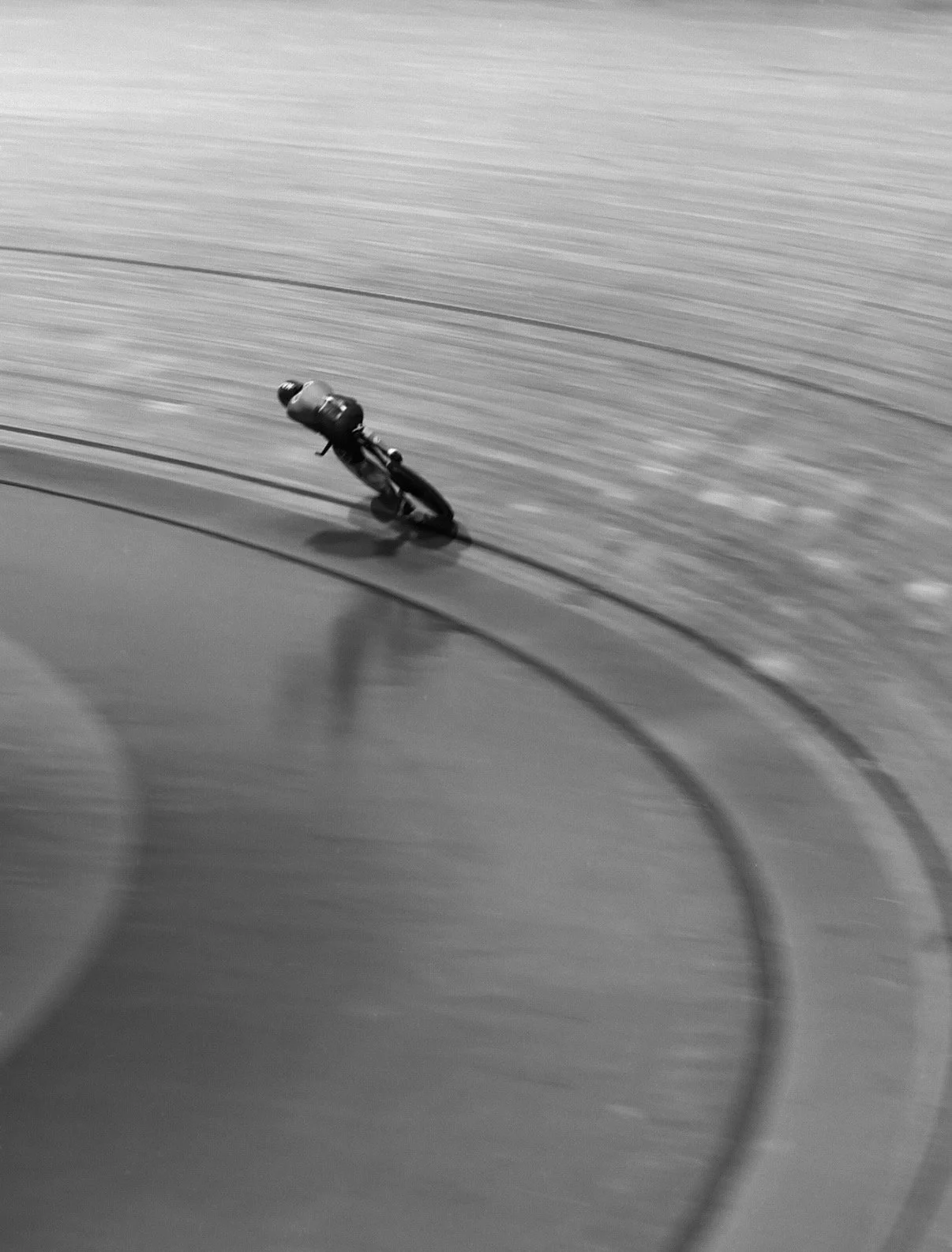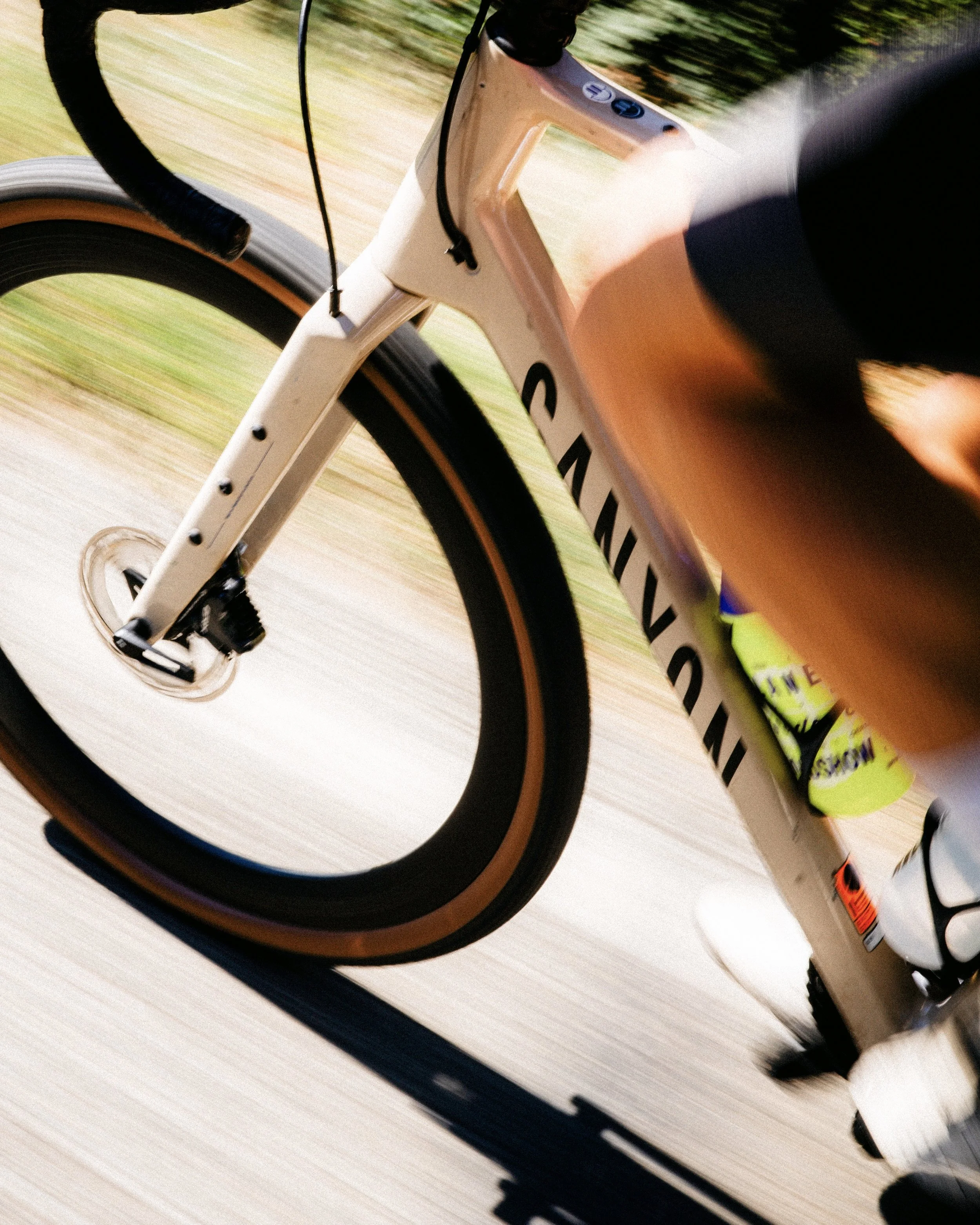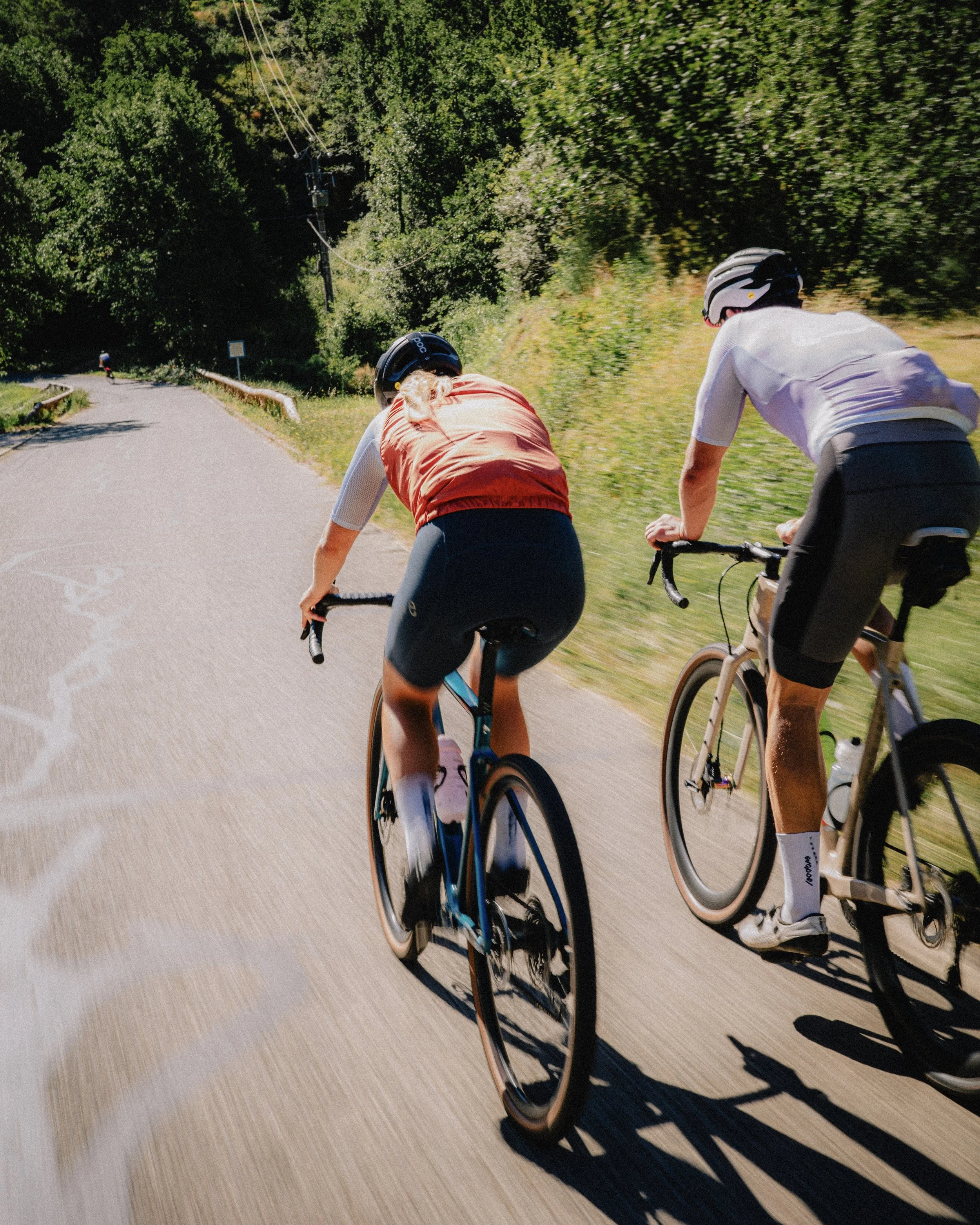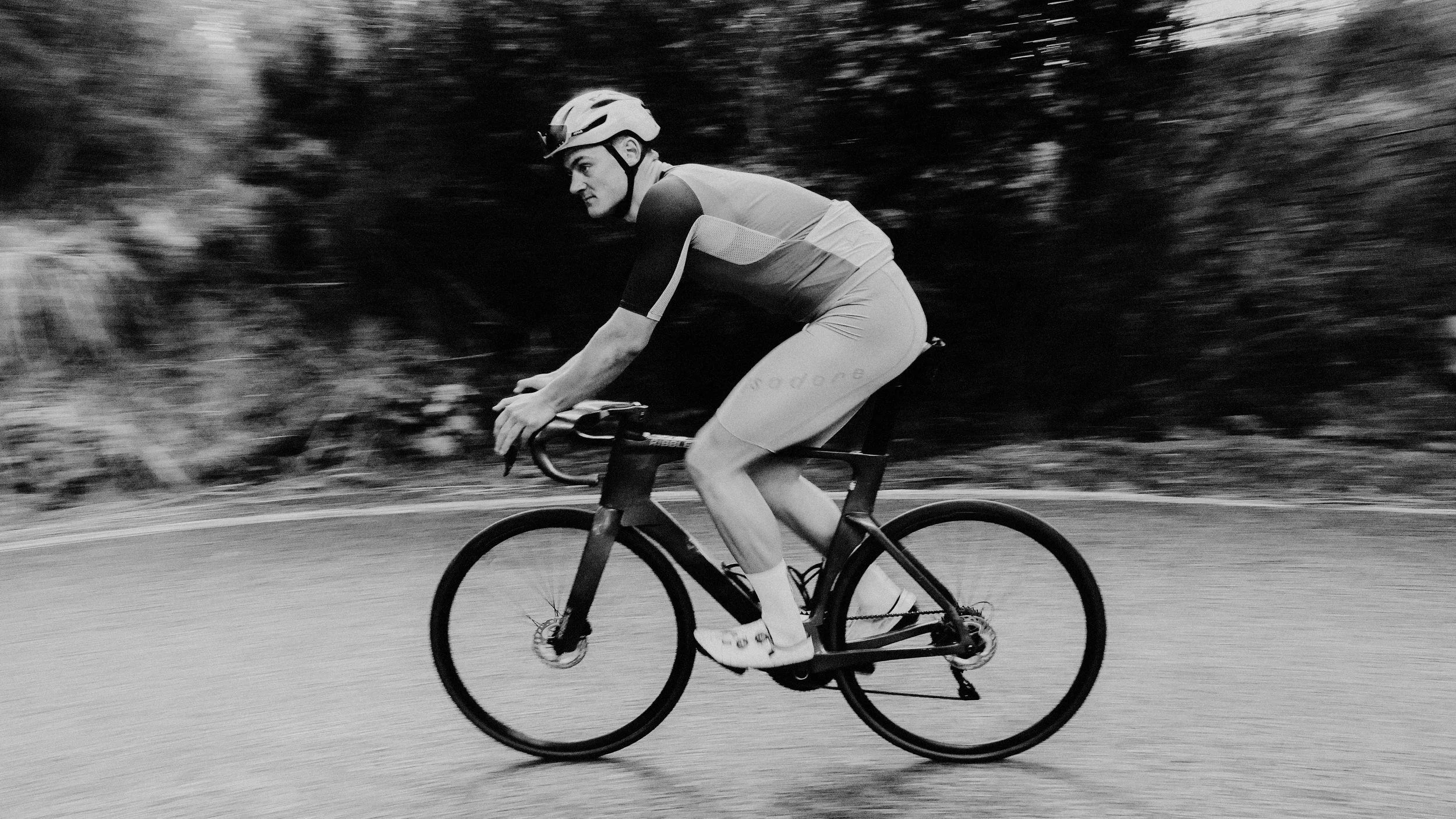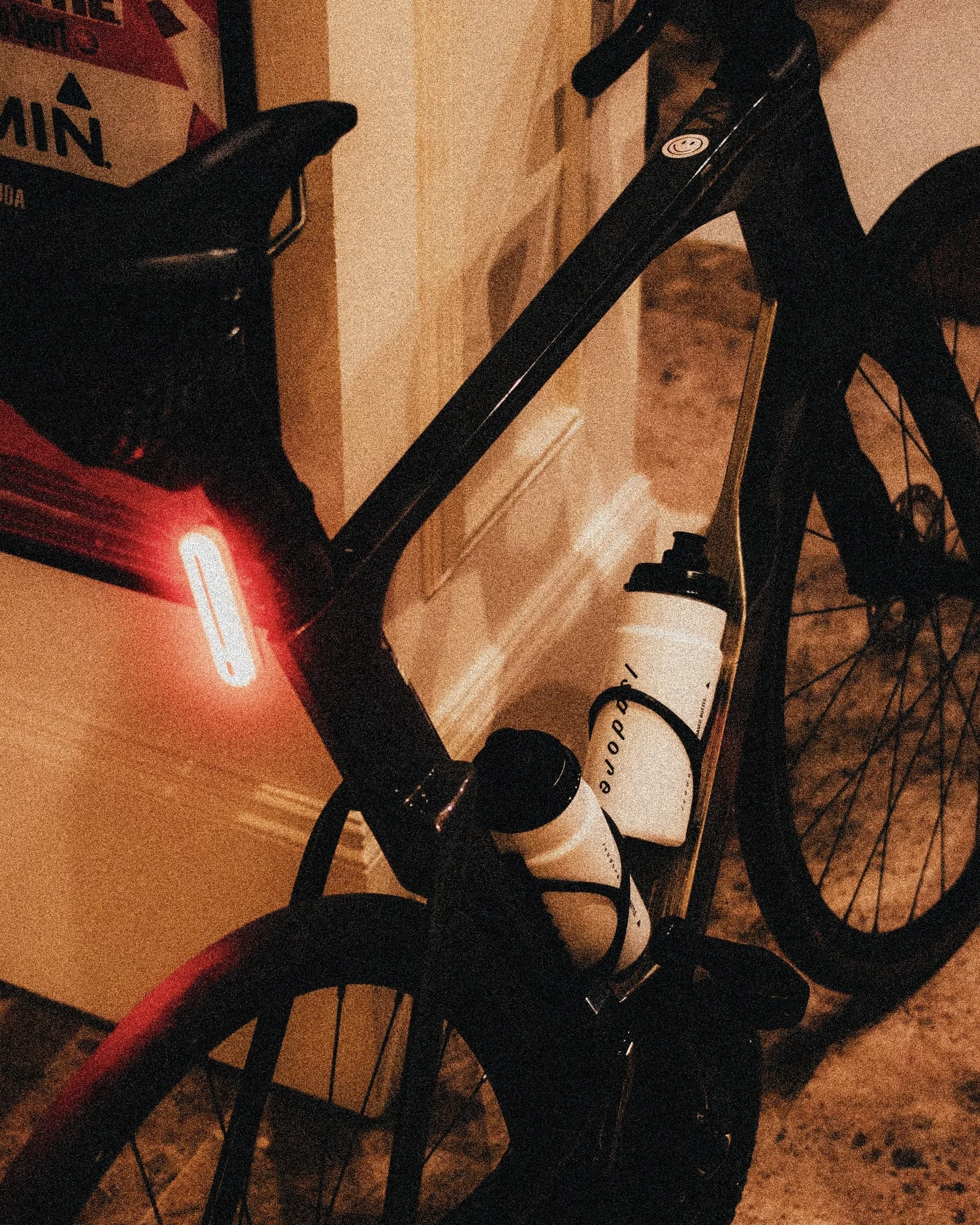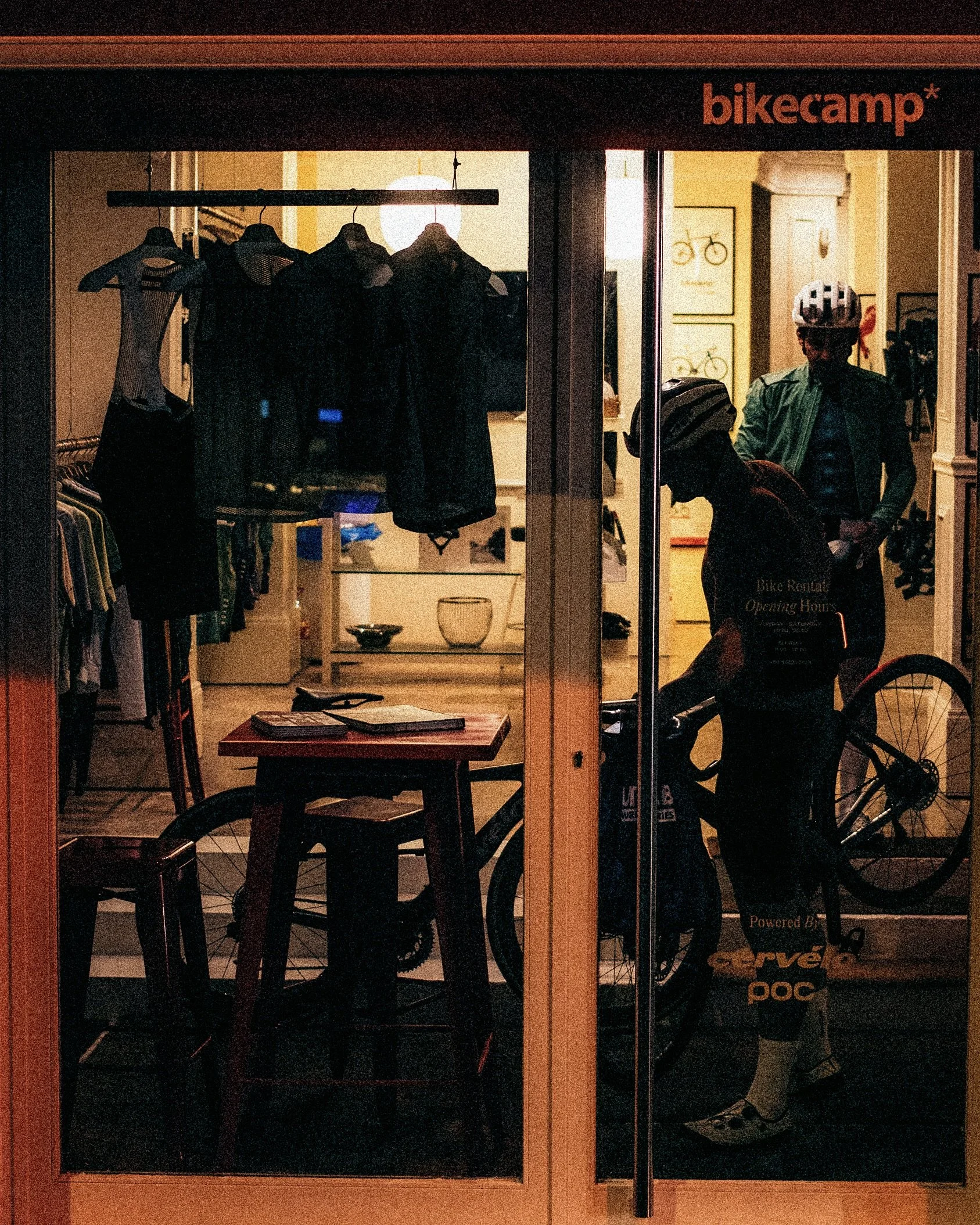Building Your Next Season: From Reflection to Action
Part 2 of The Coaching Cycle moves from analysis to action.
This is where the real work begins, taking what we’ve learnt from reflection and turning it into purposeful action.
From Reflection to Direction
“A good review shows where you’ve been, a great plan shows where you’re going”, (a wise person once said, probably).
Now that you’ve had the chance to review your season, reflect on your goals, and take stock of where you are, the next step is deciding where you’re going. Reviewing is just one piece of the puzzle; planning is where the real magic happens.
For some, this might be a natural process, years of experience make reflection and forward planning second nature. But at every level, there’s still more to learn. Each season brings new experiences for both athletes and coaches, and it’s how we respond to these that drives growth and progress.
Personally, I learn something new every year. One thing I’ve found especially valuable is looking beyond sport for lessons. Often, other industries have already faced, and solved, challenges we’re still learning to navigate.
One example that’s shaped how I think is the book Black Box Thinking by Matthew Syed. The central idea is simple but powerful: we learn best when we face our mistakes openly, study them carefully, and use them to improve, instead of hiding them or placing blame. A quote that’s stuck with me ever since I read it is: “Only by confronting our mistakes can we learn from them.”
It perfectly captures the foundations of what good coaching and successful performance is built on.
Lessons I’ve Applied in My Coaching
1. Learning cultures outperform perfection cultures.
The first, and arguably most important lesson, is to create a no-blame environment that encourages honesty and reflection, from both athlete and coach. The faster you can remove the barrier of blame, the faster progress follows.
It’s human nature to protect ourselves, make excuses, or deflect responsibility. But if you can build trust and openness early, you’ll create an environment that keeps getting stronger with every honest conversation.
2. Ego blocks progress - drop it.
Growth requires separating who you are from what you do. Detach self-worth from performance. Failure doesn’t define you; it refines you.
Ego is part and parcel of sport, but it can quietly hold you back. Swap ego for self-assurance, confidence built on learning and collaboration, not self-importance. Remember, success is the sum of its parts.
3. Small failures prevent big ones.
Don’t be afraid to fail. Instead, pay attention to the small failures and address them early, with yourself, your coach, and your wider support team: family, friends, peers, colleagues.
It’s not always easy to talk about what went wrong, but those conversations matter. A missed session, poor sleep, rushed nutrition, bad pacing, or a race-day mistake, each one is a chance to learn. When you address the micro-failures, you prevent the major ones.
Failure isn’t the enemy, but avoidance is.
From Review to Roadmap
How insights from reflection feed into the next phase.
If you’ve followed the series so far, you’ll now have a solid review to look back on, something that gives you real insight into where you’ve been and how you’ve developed. The next step is using those insights to guide your planning. Your review isn’t just a recap; it’s the foundation for everything that comes next.
Dan Lorang, a bit of a powerhouse in the coaching world, has a simple yet powerful approach to planning: he starts every season by filling the calendar not with races, but with life events. Irrespective of the athlete, this is his first non-negotiable.
I really relate to that, and I think many athletes can too. Start by thinking about everything else that shapes your life, parties, weddings, holidays, adventures, whatever will take up your time and, importantly, your energy. Get those down first.
Only then do you layer in the performance pieces: your goals, races, key training phases, performance targets, personal bests, selection criteria, or even just where you want to find more enjoyment. Ask yourself:
What do I want to achieve this season?
Does it still align with what I said last year?
Have my priorities or motivations changed?
If they have, that’s completely fine, in fact, that’s progress. Being clear on these shifts helps ensure your plan fits you as you are now, not as you were a season ago.
Think of it this way: if you were heading off somewhere new, you wouldn’t just set out with no plan, no map, no idea where you’re going. That would feel pretty chaotic. Planning your season is no different, it’s all new terrain, and you’ll navigate it best with a map that reflects your priorities.
Build that roadmap, pack the essentials, and remember the important things, phone, wallet, keys.
What Starting Your Coaching Journey Looks Like
An honest walk-through of what to expect.
If you’ve stumbled across this series but haven’t had a full season to review yet, maybe you’re just starting out, or thinking about working with a coach for the first time, this is where we can help. I’ve been in this position personally, and I’ve guided many athletes through the same stage. The first step is always about understanding you, your goals, your background, your current reality, before we ever start talking numbers or training plans.
Here’s what the process typically looks like:
1. The Initial Call – Getting to Know You
This isn’t a sales pitch; it’s a genuine conversation. We’ll talk about your sport, your goals, and your current challenges. But more importantly, we’ll get a feel for whether we’re a good fit to work together. Coaching is a partnership, it needs trust, openness, and a shared mindset.
2. Data Collection – Building the Full Picture
Once we’ve decided to move forward, I’ll gather your training history and any available data, things like training files, race results, and relevant health metrics. But data is only half the picture. I’ll also want to know about your lifestyle, work schedule, recovery habits, and the factors that impact your training day-to-day. This helps build a plan that fits you, not the other way around.
3. The First 4 Weeks – Establishing the Baseline
The early weeks are about observation and adaptation. You’ll start with a foundation phase that helps me understand your response to training, your communication style, and how life interacts with your plan. We’ll establish consistency, identify patterns, and fine-tune the balance between training load and recovery.
This phase is where trust begins to build. You’ll see the structure forming, I’ll see how you operate, and together we’ll start creating something sustainable.
4. The Ongoing Process – Communication and Growth
Coaching isn’t static. Every few weeks we’ll review, reflect, and refine, ensuring your plan evolves with you. The best results don’t come from a perfect plan; they come from consistent, honest communication and shared learning.
In short: starting your coaching journey is about clarity, connection, and progress. You don’t need to have it all figured out, that’s what we’ll do together.
The Value of Coaching - Accountability, Objectivity, Progression
Coaching can sometimes look unnecessary from the outside, especially at the elite level, and it’s often hard to justify unless you’ve experienced it first-hand. But coaching holds a huge amount of responsibility.
If you’ve watched The Deepest Breath, you’ll understand the importance of the safety team around the divers (and if you haven’t, it’s worth a watch). These divers put themselves in life-or-death situations, and the safety team are there to guide, protect, and respond. In a less extreme sense, coaches serve a similar role, we’re the safety team for the athlete. Our job is to make sure the athlete stays fit, healthy, and happy.
That covers much more than just setting the training plan. It’s often the smaller, unseen details, the conversations, the reassurance, the perspective, that give coaching its true value.
I like to think of that value as built on three pillars: Accountability, Objectivity, and Progression.
Accountability
In a coaching setup, accountability runs both ways, athlete and coach.
Everyone has their own reason for being coached, and each person comes to the relationship with different motivations and experiences. But one theme always comes up: accountability.
It’s what gets the job done, on the mornings when motivation dips, during setbacks, or when results don’t go your way. Having someone in your corner who expects honesty, effort, and communication can make all the difference.
Accountability builds trust. It keeps both sides aligned and moving forward, even when life gets messy or motivation ebbs.
Objectivity
Objectivity is the ability to step back and see things as they are, not as we want them to be.
A coach’s role sits between what an athlete wants and what they need. Our job is to see the full picture, understand both sides, and bridge that gap without bias.
It means interpreting data, feedback, and results with clarity rather than emotion. Maybe an athlete feels their season was poor, yet the data shows clear aerobic gains. Or maybe they feel fine, but fatigue markers tell a different story.
Objectivity is what allows progress to stay evidence-based rather than emotional. It helps athletes see the bigger picture, and it’s often where the real breakthroughs happen.
Progression
Progression is structured, intentional improvement over time, physically, mentally, and tactically.
It’s the reason athletes seek coaching in the first place. But progression isn’t just about watts or results. It can be about confidence, resilience, communication, or simply finding more enjoyment in the process.
Progression is the accumulation of small steps in the right direction, sustained over time. A good coach makes sure those steps stay consistent, aligned, and meaningful.
You’ve done the hard work this season. Let’s make sure next season builds on it.
A coach can’t ride the bike for you, we can’t do the hill repeats on a cold Tuesday morning, but what we can do is match your work. We’ll match your desire and commitment with our expertise, structure, and support.
Because coaching, at its best, isn’t about control, it’s about partnership.
Summary
Coaching, it’s a big process. There’s a lot to unpack, and no single article could ever capture every part of the picture.
What I hope this series does, though, is meet you where you are, whether you’re reflecting on your season, planning your next one, or simply wondering where to start.
If it sparks a thought, a question, or the urge to take the next step, then it’s done its job. The goal isn’t to hand you all the answers, but to help you find your own, with a bit more clarity, confidence, and purpose.
If you’re curious about how coaching could fit into your journey, or just want to chat through your goals, I’d love to hear from you.
Reflect. Refine. Rebuild. That’s the process. Let’s begin.



